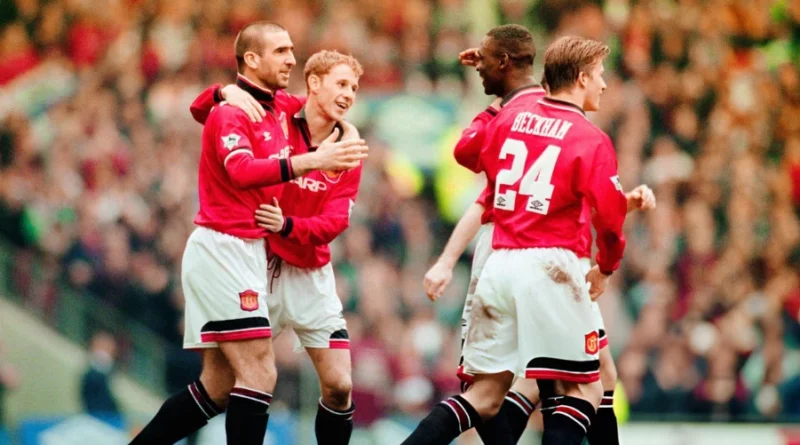10 most influential footballers of all time
The most influential footballers are the very few who craft the game. Over the last century, there has been a multitude of footballers who have left their mark as we know it, setting the stage for those who play today.
In football, some players are remembered not just for their finesse, but for how they transformed the game. From tactical innovators to rule changers, and from transfer market disruptors to national icons, these players refined the sport.
Here are the players who left a lasting legacy beyond talent.
1. Viv Anderson
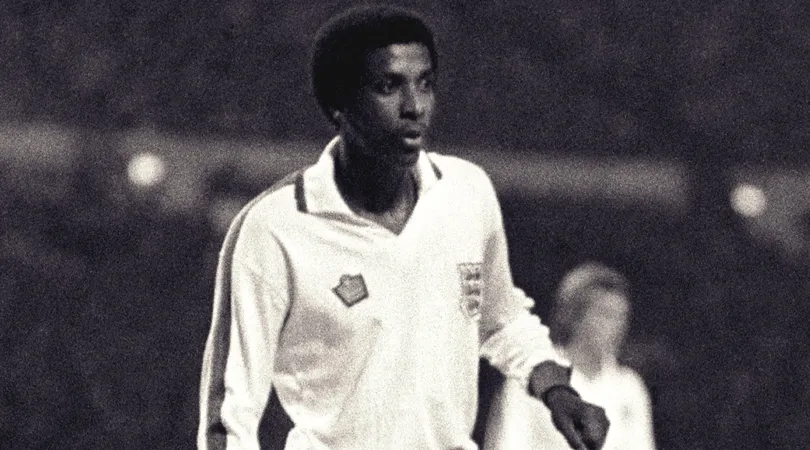
Position: Defender
Nationality: English
Career: 1974 – 1995
In Manchester, The People’s History Museum has the England shirt worn by Viv Anderson against Czechoslovakia in 1978 on display. This was the first ever time a black player represented the Three Lions and Anderson was not a token pick.
Despite the 22-year-old being a league winner with Nottingham Forest, and playing in the European Cup, some believe he could have become an England legend. Late England manager Ron Greenwood said, “the honour couldn’t have fallen on a better pair of shoulders,” of the right-back, who would go on to inspire countless young black men to have the dream of playing for their country.
“Viv was always there,” “He was a role model for me. In fact, I’m still amazed that he never captained England.” were the words of Paul Ince – England’s first black captain
2. Franco Baresi
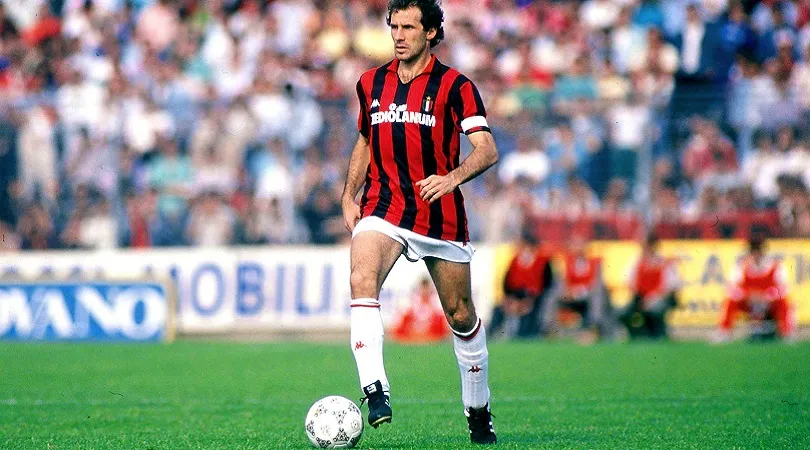
Position: Defender
Nationality: Italian
Career: 1977 – 1997
Initially nicknamed the ‘Little One’ Franco Baresi was defined by who he wasn’t. Any Milan fan would let you know he was just one figure in a defensive backline of Paolo Maldini, Alessandro Costacurta, and Mauro Tassotti.
However, Baresi may have been the most important of the lot with his powerful, strong, and tenacious vision. Last but not least, he was a playmaker on the last line of defence and still inspires countless ball-playing defenders who copied his style.
3. Franz Beckenbauer
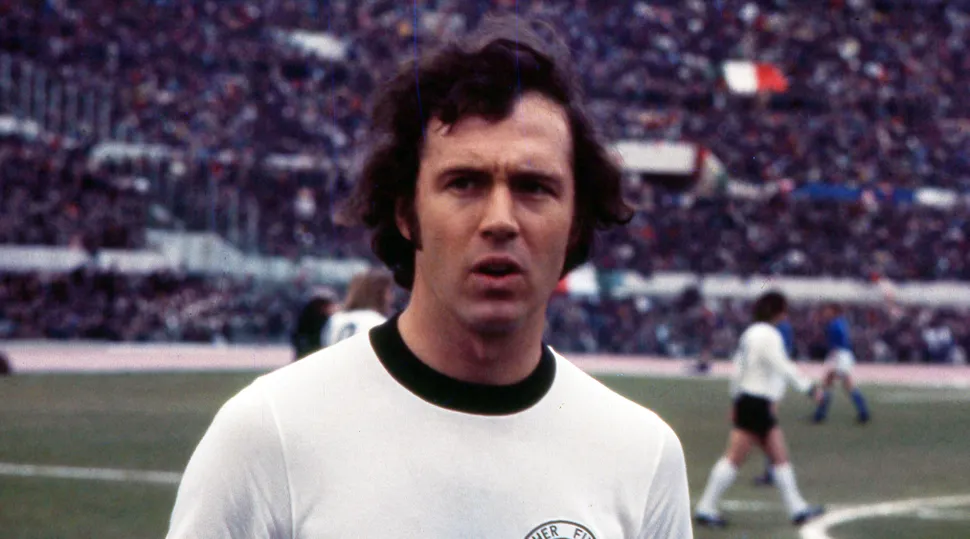
Position: Defender
Nationality: German
Career: 1964 – 1983
Beckenbauer is a cornerstone in German footballing history and is arguably the greatest defender of all time. He remains the only defender to win the Ballon d’Or twice which symbolises the determination and rooted graft of the German game and his role. He invented the sweeper role which involves intercepting play with ease and breaking forward to restart attacks.
“Franz Beckenbauer symbolizes football and a winning mentality,” Boris Becker thought of Der Kaiser. “On top of that, he brought the World Cup to his own country. We’re proud of him.”
4. George Best
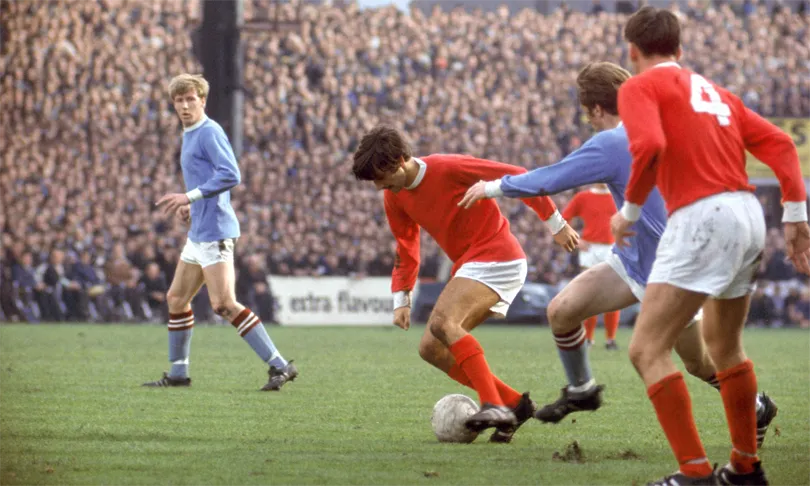
Position: Forward
Nationality: Northern Irish
Career: 1963 – 1984
George Best was the one where all eyes would turn if he entered a room, thanks to his charm, of course. But to a world of footballers like someone until 1963.
Best was the first real footballer who introduced the playboy culture, setting the bar for players to become sex symbols, celebrities, and even pop stars of the coming ages. Keegan, Beckham, and Cristiano Ronaldo all owe their brands to the man who began it all. The most highlighting moment was when the man made the no.7 cool.
“Life was about girls, a few beers, football, good music, and being a shag magnet!” “It was part of life and I loved every minute of it.” Best told FFT in 2001.
5. Amadeo Carrizo
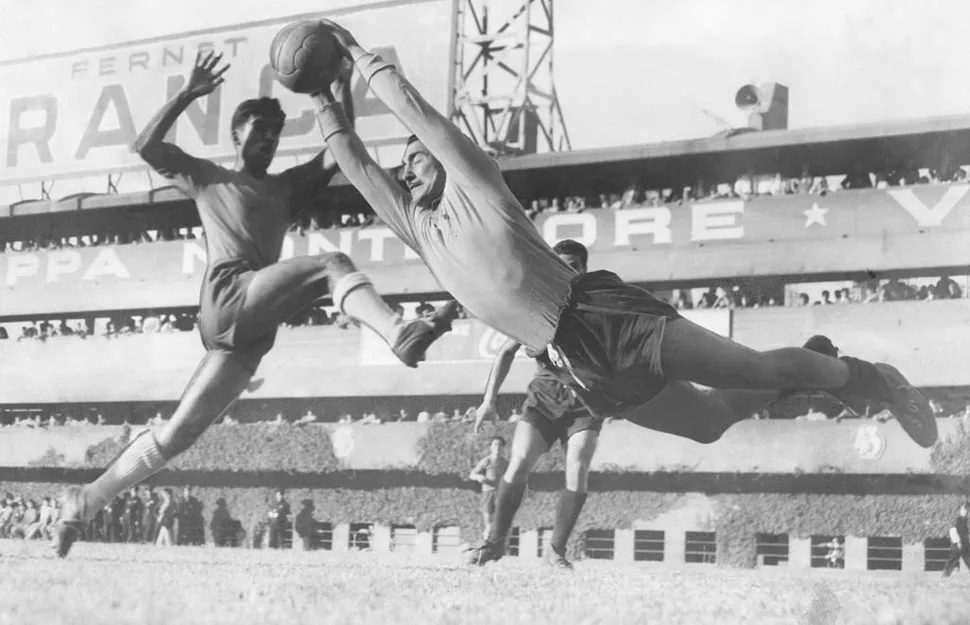
Position: Goalkeeper
Nationality: Argentinian
Career: 1945 – 1970
Carrizo was an innovator with the ball. The first goalkeeper in Argentina to wear gloves, he was also the first keeper to be involved in the play. He is an icon whose ways inspired Rene Higuita and Jose Luis Chilavert – keepers who followed his “loco” idea of being the 5th man in the defense line.
Shockingly, Carrizo was also the first attacker in the team to use his goal kicks to generate counterattacks, leading from the back which was something new at the time. A hugely adored figure in South American football, who is the blueprint to become the best goalkeeper in today’s world.
Also Read: The top 10 fastest hat-tricks in Premier League history
6. Eusebio
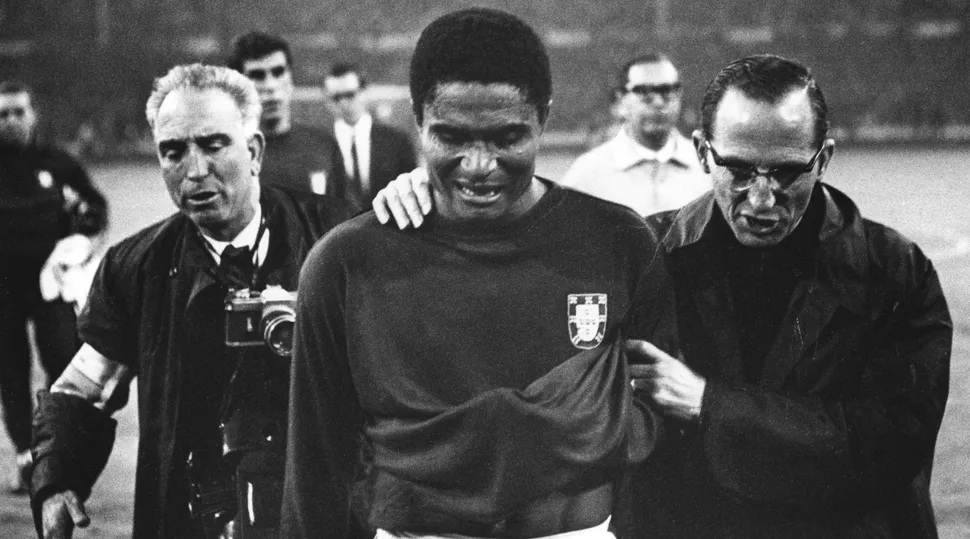
Position: Forward
Nationality: Portuguese
Career: 1957 – 1980
Only in 1974 was Mozambique liberated from Portugal which paved the way for the country’s most famous son, Eusebio. He rose to the very top of football,l while African countries were winning independence.
He was a gem at the 1966 World Cup, being the best player at the biggest show on Earth. However Mozambique adopted by Portugal began lighting up the world, but Eusebio put Portuguese football on the map as much as he was the first African to star at a World Cup.
Nigerian writer Chimamanda Ngozi Adichie said that only football allows for “a kind of nationalism that expands as your country loses and this made plenty of No.9s growing up wanting to be him: wherever they were from.
7. Eric Cantona
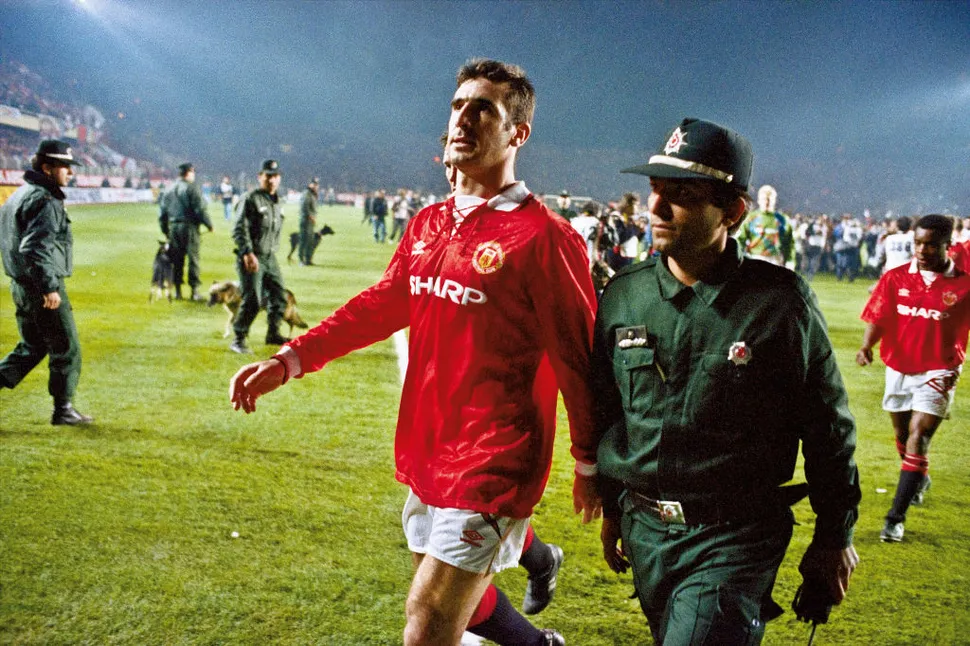
Position: Forward
Nationality: French
Career: 1983 – 1997
Alex Ferguson’s gut feeling turned out to be a gamble as someone with such talent should not be slipped by Leeds United side who had no idea about the shining diamond.
Cantona’s influence on Manchester United is a tale for the ages. This is a man who defined the Premier League as a destination for cultured, suave entertainers from abroad. Without King Eric, would have the gates opened for Bergkamp, Juninho, or Zola?
He combined grace with influential fire and led the wave of foreign superstars to the Premier League.
8. Johan Cruyff
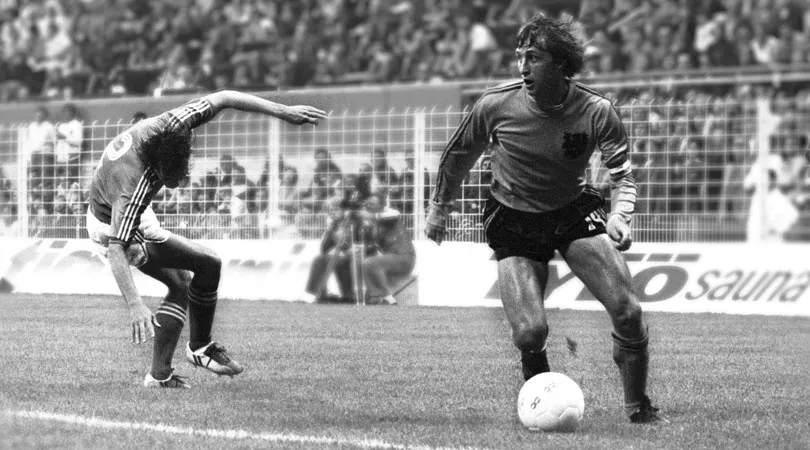
Position: Forward
Nationality: Netherlands
Career: 1964 – 1984
Only a few men in football have found supreme success both on the pitch and in the dugout. Though Johan Cruyff laid the foundations for managerial prowess for positional play in the 21st Century, his presence as a player moved to the second spot/
The Dutchman, with hair similar to the Beatles and catwalk, turned out to be the on-field general for the great Rinus Michels. However, Cruyff developed methods across pitches like he owned them from picking the ball up in defence to allowing both teammates and opposition to bend to his creativity was mindboggling He was a true pioneer for the off-ball movement and an example of how important versatility was in your game. In two words, Total Football.
9. Jean-Marc Bosman
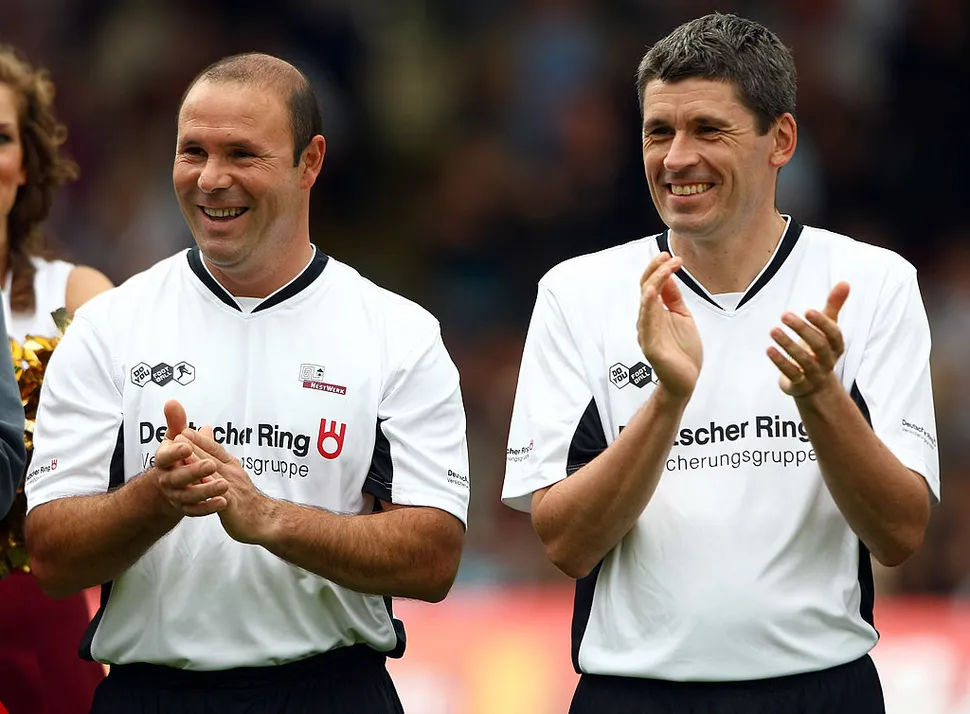
Position: Midfielder
Nationality: Belgian
Career: 1983 – 1995
Jean-Marc Bosman was an under-21 captain of Belgium who became a run-of-the-mill midfielder at Standard Liege, leaving a lasting change when he tried to leave the club at the expiry of his contract.
As Liege wanted half a million for Bosman the arguments were brought to court, arguing his right to free movement since his contract expired. Moreover, he won, providing the platform Edgar Davids and Steve McManaman transfer in the coming months and the millions of free transfers since.
While Bosman changed the stigma for free transfers, his victory led to the relaxing of foreign quotas.
Also Read: Ranking Arsenal’s greatest academy players
10. Garrincha
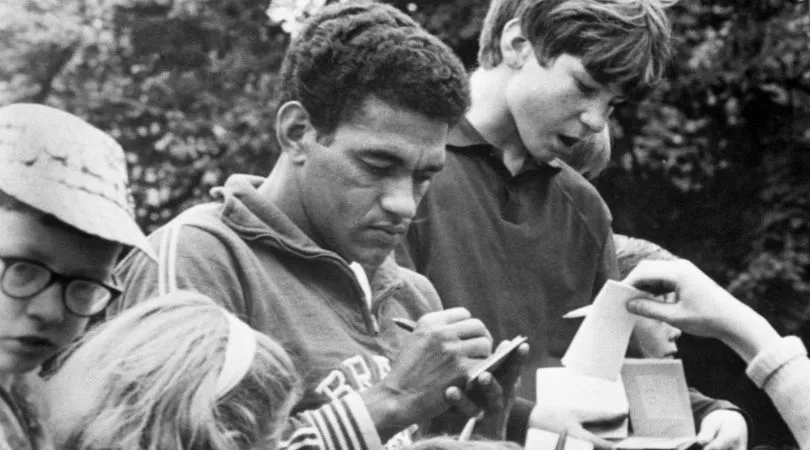
Position: Midfielder
Nationality: Brazilian
Career: 1951 – 1972
Garrincha was a classical dancer to the samba beat, unlike anyone. Sadly, a troubled man with bent legs whose addictions haunted him off the pitch, but his presence inside would put a smile on your face.
Garrincha was the masterclass of one on one as dribbling was in his DNA. In 1962, “Little Bird” shone bringing the World Cup home and instilling the national identity that Brazil was here to play with fervor and color.
FAQ
Q. Who is the most idolized footballer in the world?
Ans. Cristiano Ronaldo
Q. Who are the most famous footballers in the world?
Ans. Cristiano Ronaldo and Messi
